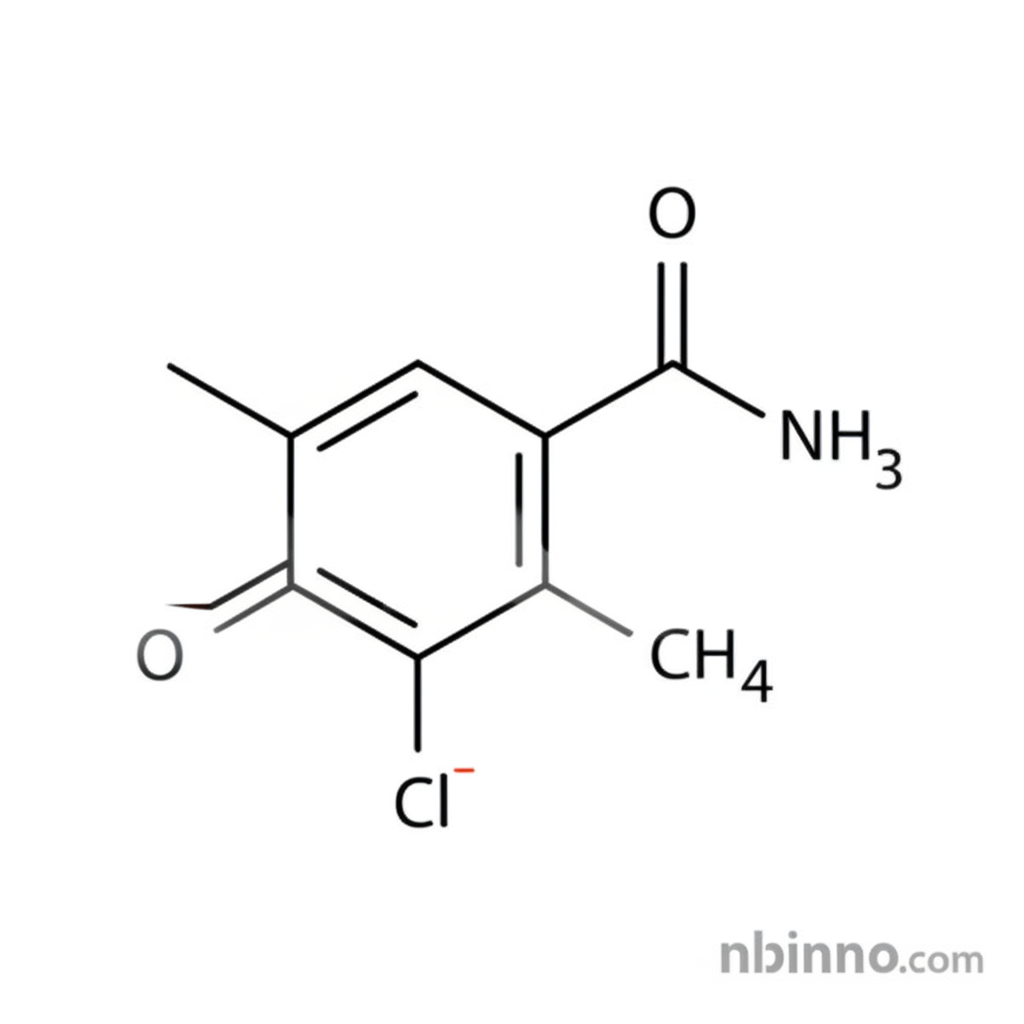Thiazole: A Versatile Heterocycle in Organic Synthesis and Pharmaceutical Applications
Discover the intricate chemistry and wide-ranging impact of thiazole in modern synthesis and medicine.
Get a Quote & SampleProduct Core Value

Thiazole
Thiazole, a five-membered heterocyclic compound, is a cornerstone in modern organic synthesis and a vital component in numerous pharmaceutical applications. Its unique structure, featuring both sulfur and nitrogen atoms, imparts specific reactivity that makes it indispensable for creating complex molecules.
- Explore the key applications of thiazole in pharmaceuticals, uncovering its role in drug discovery and development.
- Understand the fundamental thiazole chemical structure and its impact on chemical properties and reactivity.
- Learn about various thiazole synthesis methods, including the widely recognized Hantzsch thiazole synthesis.
- Discover the thiazole properties and uses as a versatile reagent and building block in industrial chemistry.
Advantages Offered by Thiazole
Synthetic Versatility
Thiazole's ability to act as a masked formyl group equivalent makes it a powerful tool for organic synthesis, enabling stereoselective creation of complex aldehydes and sugars.
Pharmaceutical Significance
As a core structure in Vitamin B1 and numerous therapeutic agents, thiazole derivatives are critical for developing new drugs with antibacterial, anti-cancer, and anti-inflammatory properties, showcasing its importance in pharmaceutical applications.
Industrial Utility
Beyond pharmaceuticals, thiazole finds extensive use as a reagent in the synthesis of dyes and rubber accelerators, highlighting its broad industrial applicability and value as a chemical reagent.
Key Applications
Pharmaceutical Synthesis
Thiazole is pivotal in the synthesis of various drugs, including anti-inflammatory agents like Meloxicam and anti-cancer compounds, demonstrating its critical role in pharmaceutical applications.
Dye Manufacturing
Certain anthroquinone dyes incorporate benzothiazole subunits, used for dyeing cotton, indicating the utility of thiazole derivatives in the textile and colorant industries.
Agrochemicals
Marketed products like Thifluzamide, Tricyclazole, and Thiabendazole, which are thiazole derivatives, are used for controlling agricultural pests, underscoring their importance in crop protection.
Organic Synthesis Reagent
As a versatile building block, thiazole facilitates complex molecular construction, serving as an essential organic synthesis reagent for creating intricate chemical structures.
